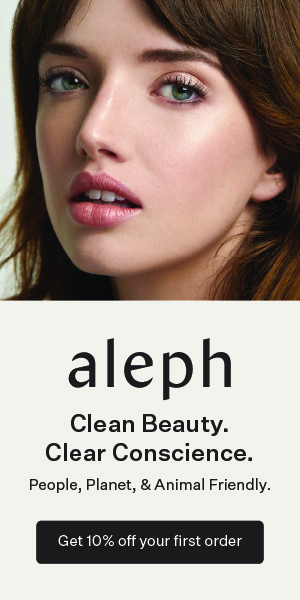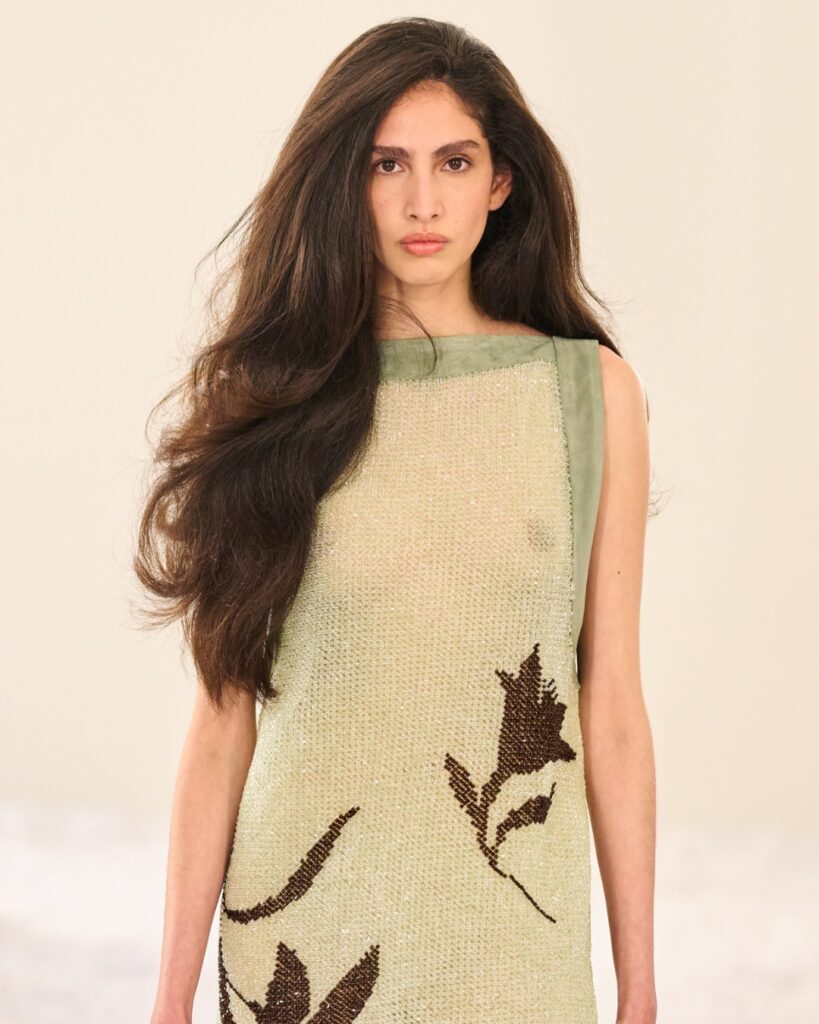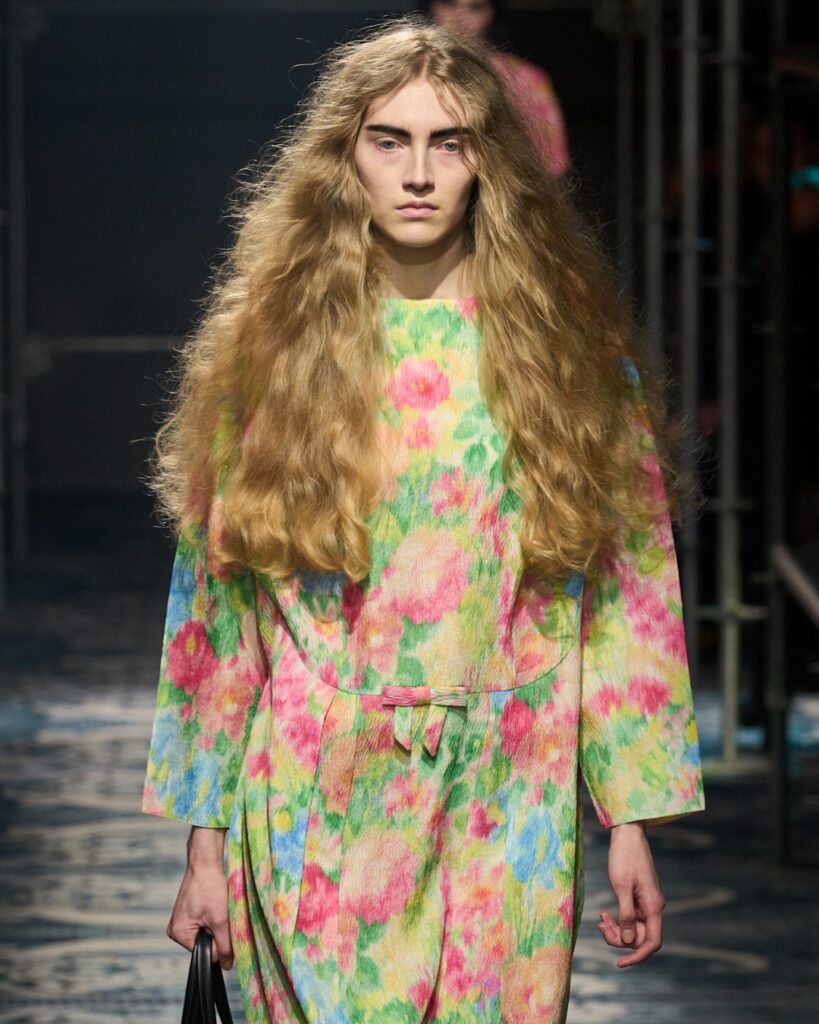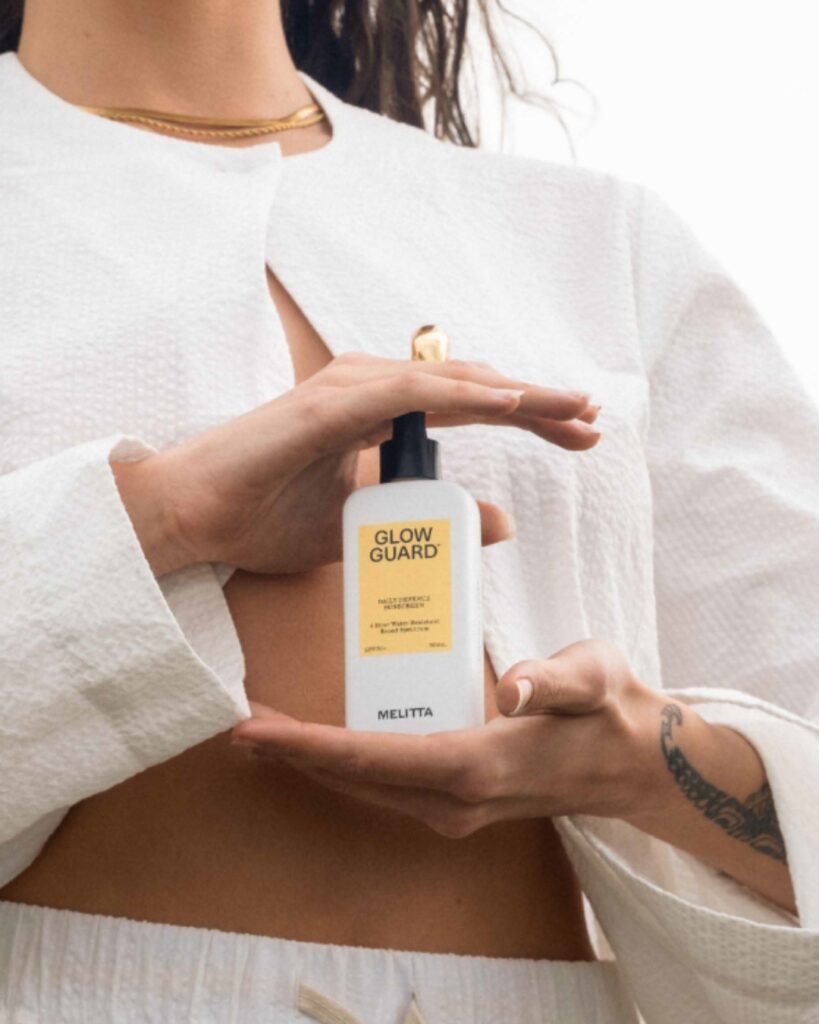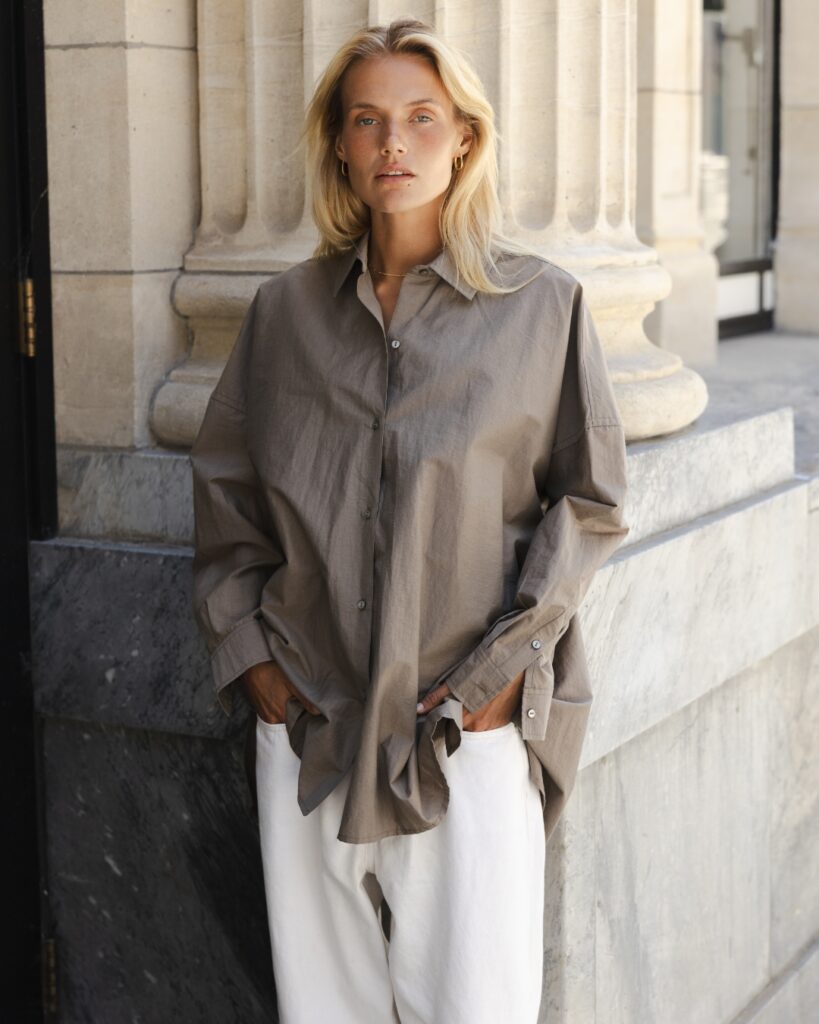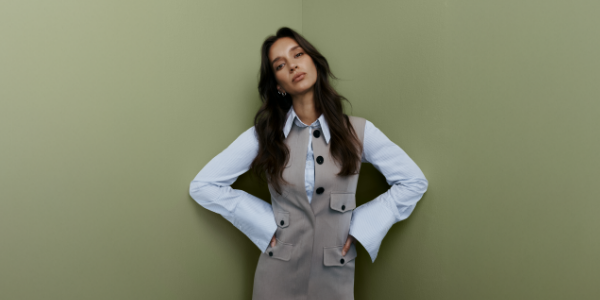Everything you need to know about Kiwi sustainable beauty brand Aleph
19 September 2022
By Fashion Quarterly
Fashion Quarterly caught up with Emma Peters, the founder of Aleph, to talk about the future of beauty, how to adopt a planet-friendly routine, and how to have fun with your make-up.
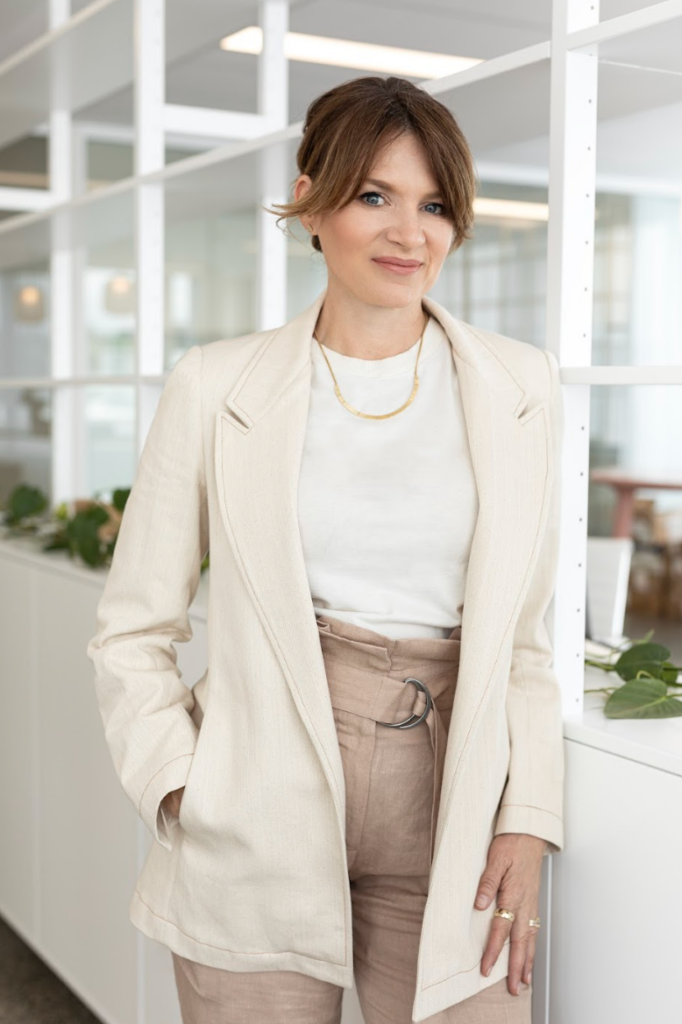
Green, planet-friendly beauty might seem like the norm in 2022, but with greenwashing rife in the beauty industry, it isn’t always easy to figure out which brands are walking the talk where sustainability is concerned. It’s a conundrum Emma Peters, the brains behind homegrown Aleph Beauty, is all too familiar with – and it’s one of the reasons she was determined to do things differently with her brand.
With more than 20 years of experience as a make-up artist, Emma Peters’s passion for beauty and wellness eventually sparked her lightbulb moment. While Peters says she’s always loved health and wellbeing, she started to look at the world a little differently after completing her yoga training. “I was enjoying a holistic approach to wellness, but I realised that many of the products I was using on people weren’t great for their health, so I started searching for natural make-up products.”
This was 15 years ago – and, as you can imagine, while Peters could get her hands on a few skincare products, natural-based make-up was scarce or non-existent. “As the years went on, I started to gather make-up, but often the products didn’t work and function the way I wanted them to or have the ingredient profile that I wanted them to have for safety and health.”
After dabbling in online retail briefly – to bring the brands she did love to a wider audience – Peters decided it was time to take matters into her own hands. “I got to a point where I thought, I’ve got the store, I’ve got this audience of people who want a really good natural makeup brand,” explains Peters. “I thought it would be easy to just build a brand, slot it into my store and keep them both going. But turns out there’s a lot to creating a brand from scratch.” Peters quickly found that her passion for her brand was getting her out of bed in the morning, so she walked away from her e-commerce store and focused 100 per cent of her time on Aleph. Not long after, in 2018, Aleph was launched.
Fashion Quarterly caught up with Peters to talk about the future of beauty, how to adopt a planet-friendly routine, and how to have fun with your make-up.
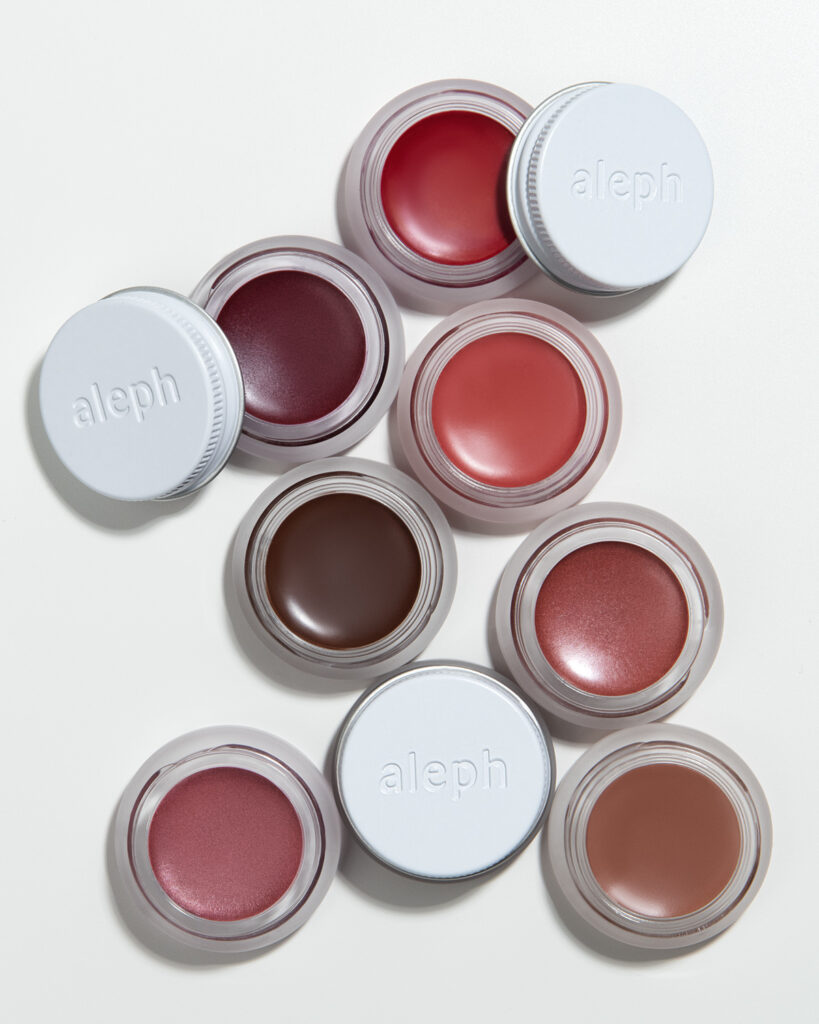
Trying to overhaul your beauty routine to make it more eco-conscious can be a little overwhelming. Was this something you found hard at the beginning?
As a make-up artist, it’s easy to make anything work if you need it to! But when I switched to natural products, I only switched to products I knew worked. And there wasn’t ever a point where I said, ‘that’s it, I’m never using this ingredient again.’ I slowly collected products one at a time and managed to pull together a range of bits of pieces from different brands that I knew worked well together.
So from there, I could start clearing out the products and ingredients I no longer wanted to use. But in terms of finding a range way back then that did everything I wanted it to do plus have the ethos behind it of being organic, being natural and healthy and friendly to the skin, being vegan and cruelty-free, and not coming in a whole lot of plastic packaging was impossible.
It’s also incredibly challenging for consumers to know exactly which brands are walking the talk – there’s so much greenwashing in the beauty industry.
It was a constant frustration of mine. I would find natural and organic make-up but then it would come in a lot of plastic packaging. From my perspective, that’s not good enough, because while it’s natural and organic and might be better for people’s health, as soon as you put it in a lot of plastic packaging, you’re risking the plastic packaging leaching into the product.
That’s just one part of the problem –then the packaging goes into the landfill, eventually ending up in the earth and polluting the earth. So for many of these brands, it all felt like a false promise. I would also see cruelty-free brands, which is great, right? We all want cruelty free makeup, we don’t want to test on animals. But then these cruelty-free brands would be packed full of chemicals that weren’t so great for humans.
You can’t just look after the planet and not people and animals. You can’t be cruelty-free and then have toxic chemicals in your products. So when I created our ingredient list, I wanted to focus on making the best possible decision that supported people, the planet, and animals simultaneously.
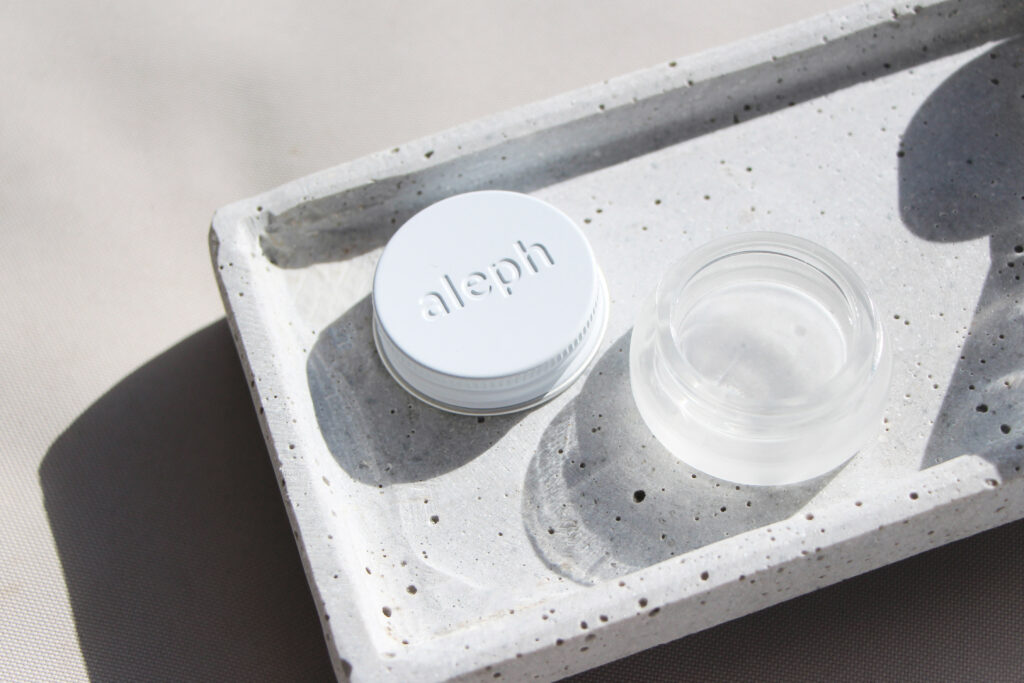
You’re really redefining how we use make-up by bringing this playfulness back into it while making everything sustainably minded.
It’s about being able to create more with less, and then in turn, wasting less because you’re using more of that one product. But you’re still able to create the variety, the variation, and the excitement with your product. Typically, we think ‘oh, I need something new, I need a new lip colour’ and you’ll go and buy a new red lipstick or something that matches your outfit. But I wanted people to be able to create more with what they’ve already got. So they’re able to mix different shades together to create brand new colours which means that they don’t have to ditch what they’ve already own and go out and get something new.
At the end of the day, make-up should be fun. And it should be an expression of how you’re feeling on any given day. And not not serve as a mask to hide behind. That’s always been my my view of how make-up should be. It should be about expressing the best possible version of yourself instead of creating a mask or a version of someone else on your face.
What advice do you have for anyone who is trying to wade through the sea of misinformation and is looking to switch to sustainably minded, ethical make-up and beauty?
One of the biggest differences you can make to the planet as a consumer is buying less. Do you have any advice for making smart purchasing decisions and avoiding falling under the spell of all the new beauty we’re inundated with on a daily basis?
Less is more. And I can only speak for our products, but I’ve created them so that you can use the most minimal amount for the maximum effect. And therefore you’re using less, to create more. With Aleph you also have the ability to get creative and use products together so that you can create infinite possibilities with what you already have.
I’m hoping that that sort of curbs people’s appetite for having to race out and buy the next latest thing because they will already have highly active, highly functional products within their reach.


